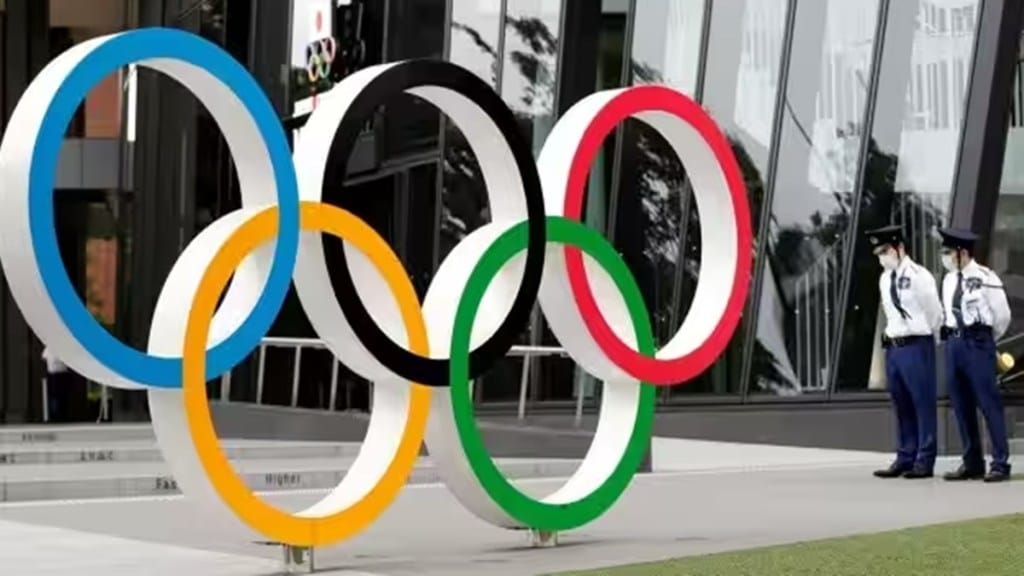For any country, hosting a mega sporting event is a signature of its heft and soft influence over the rest of the world. And the Olympics are as ‘mega’ as a sporting event can get. To that end, India’s strong overtures to the International Olympic Council (IOC) about hosting the sporting gala in 2036 makes eminent sense. The country is set to become the third-largest economy by 2030. Its recent successful presidency of the G20, where the existing global order almost unanimously accepted India’s mediation at a time of sharp divides, is evidence of its rising clout. And, the record 100-plus medal haul at the recently concluded Asian Games shows that it has started taking sporting excellence more seriously than ever before. Hosting an Olympic-scale event also has long-term benefits, in terms of the infrastructure uplift the host-city gets, the tourism potential as well as the need to ensure a high degree of professionalism from its sports management and administrative authorities.
That said, India must look at the experience of other nations that have hosted the Olympics. In the early history of the modern Olympics, hosting the games was largely left to the developed nations because of their economic strength, with public money invested in sporting infrastructure and limited promotion. Since the 1960s, however, the costs of the gala have been rising significantly. Indeed, the 2020 Tokyo Olympics that was budgeted at $7 billion, left Japan holding a $28-billion bill. The soaring costs are hardly offset by the revenues, no matter how much these grow from one Olympics to the next. The 2008 Beijing Olympics generated $3.6 billion against an estimated $40 billion pumped in by the host nation. The London Olympics in 2012 fared somewhat better, with just over $5 billion generated against a $18-billion bill incurred. And, once the fact that the IOC keeps a large chunk of the television revenue, which is the biggest contributor to collections, is considered, the host nation is not left with much.
Indeed, hosts have been left with mountains of debt in the pursuit of imagined glory and gains—both the Athens and Rio Olympics (2004 and 2016) left the cities and the national governments saddled with crushing debts, with Athens a large contributor to Greece’s economic crisis some years ago. Cities are still struggling with the upkeep of ‘white elephant’ sporting facilities, created for the games with the hope that later use will help recover the costs—Beijing’s Bird Nest stadium, built at a cost of close to $500 million, requires $10 million annually for upkeep. And as for job creation, a study by the European Bank for Reconstruction and Development shows, that the jobs created by hosting the Olympics are most often temporary, and unless there is high unemployment, it is largely the already employed that benefit—a mere 10% of ~48,000 temporary jobs created in London for the 2012 Olympics went to people who were unemployed.
Before putting up a bid, India must first assess what it wants from such an endeavour. The need for sporting infrastructure can’t be ignored, but must it take the Olympics route to create this? India could use its growing influence to make hosting grounded in financial and environmental sustainability, push for bidding and selection reforms for better cost management, and push the IOC to share the revenues in a fairer manner. It would then have truly arrived as a world power.


